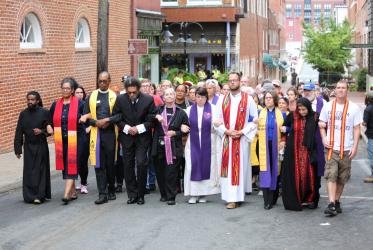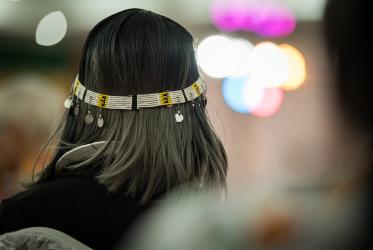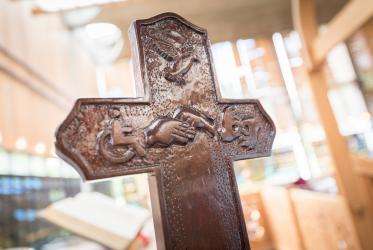“Churches cannot challenge injustice if they cannot recognize its entrenched presence within the church itself,” reads a document by a working group of the World Council of Churches (WCC) programme on Just and Inclusive Communities.
Christians’ commitment to unity and God’s creation need to be reaffirmed, especially from the viewpoint of those struggling against marginalization, rejection and discrimination, according to the group.
The working group’s document aims to contribute theological reflections to the theme of the WCC’s upcoming 10th Assembly, “God of life, lead us to justice and peace”. The assembly will be held in Busan, Republic of Korea in the autumn of 2013.
The working group, comprising mainly of theologians and activists, prepared this reflections in Toronto, Canada during their meeting from 25 to 29 November.
The group was invited to Toronto by the United Church of Canada (UCC).
“Discrimination and denial of dignity and participation are expressions of injustice and instruments that deny life and its opportunities. These practices are present in many churches and often receive tacit legitimization in the name of culture and tradition,” noted the group.
“We are surrounded with a vast variety of definitions of justice and peace, reflecting various interests and vantage points. It is, therefore, necessary that we explore and assert that God’s justice and peace, as revealed through the biblical witness, are different.”
Speaking on the outcomes of the meeting, Rev. Dr Deenabandhu Manchala, the WCC programme executive for Just and Inclusive Communities, said, “The working group has made extensive suggestions on the content and organizational aspects of the forthcoming WCC Assembly.”
“They want to ensure that those who are in the struggles for life, justice and peace may have spaces to talk rather than being talked about,” he added.









